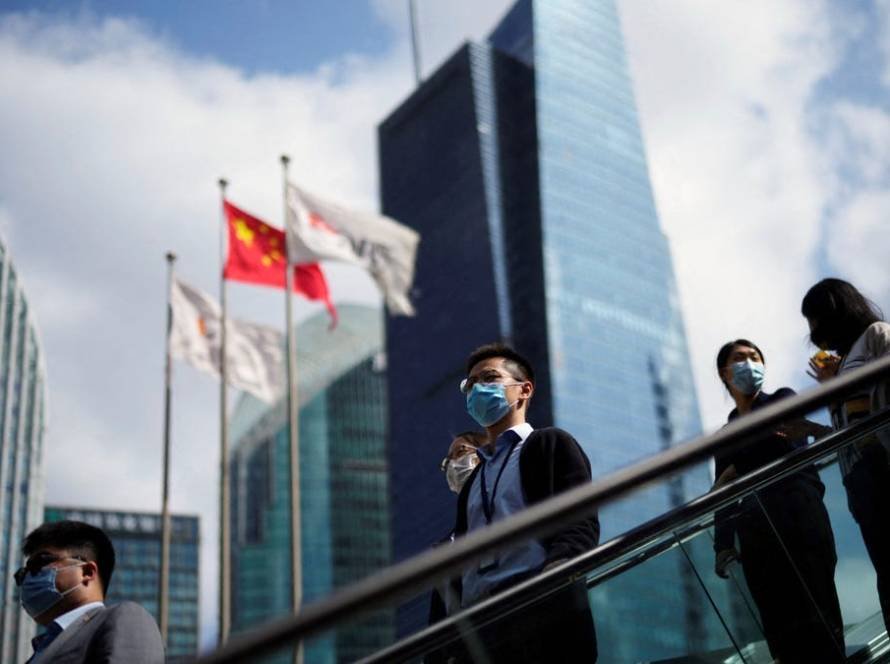Russia launched a series of missiles at Ukrainian natural gas storage facilities and power plants Thursday, the Kyiv Independent reports. No workers were injured, but the incident does further complicate Europe’s energy situation.
The two countries have consistently gone after one another’s energy infrastructure since Russia launched a full-scale invasion two years ago to take over the parts of Ukraine it hadn’t already captured since it moved to overtake the Crimea region in 2014. There was tremendous tension around Russia’s capturing of the Zaporizhzhia nuclear power plant, and Ukraine has gone after Russian oil refineries.
Natural gas prices have come down a long way from the heights they saw in August 2022. As Europe weaned itself off Russian gas supplies following the start of its Ukraine invasion, the European Securities and Markets Authority found that a scramble to secure new supplies sent costs skyrocketing. A couple of mild winters and a whole lot of American imports calmed the market down. But in the last month prices have risen nearly 28%.
Advertisement
Advertisement
Bloomberg reports that Thursday’s attacks was the fourth such instance. Ukraine used to be a key part of Russia’s natural gas transportation network, so it has lots of huge storage tanks near the European Union’s border. Energy producers and traders in Europe filled up their own tanks ahead of this winter and have increasingly been looking to store some of their extra supply in Ukraine since Russia isn’t doing so anymore. Ukraine obliged by making such storage really cheap. Missiles strikes make that proposition a lot less appealing.
Advertisement
Additionally, the Center for European Policy Analysis notes that usage of that network is way down from early 2020, but not zero either due to contractual obligations. Russia’s actions might also be meant to give Europe regret if it chooses not to renew a deal to import Russian natural gas through Ukraine. Though Politico reports that the prospect of a total ban on such imports is politically fraught, it also said that the bloc’s energy ministers are preparing for a worst-case scenario where a Ukraine transit cutoff actually happens.



